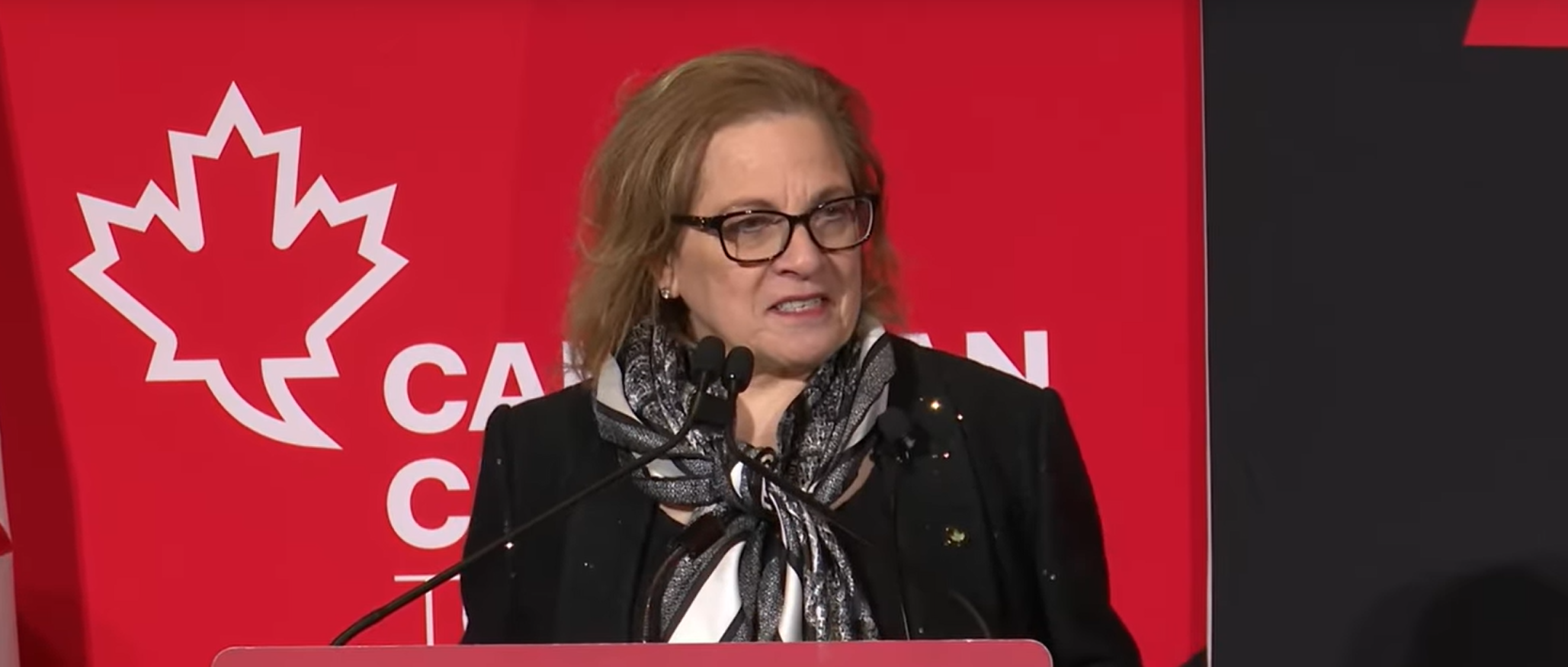Analysts warn of 'bigger than dot-com' risks in AI market
UNSPLASH PHOTO
Global stock markets “surged again this week, reaching new all-time highs,” driven largely by a few artificial intelligence leaders, CBC’s Peter Armstrong reports. Tech giants like Meta and Nvidia have seen their values climb while “investors wait breathlessly for OpenAI, Anthropic and Perplexity to go public.”
But some market watchers are worried. Torsten Sløk, chief economist at Apollo, warned: “The difference between the IT bubble in the 1990s and the AI bubble today is that the Top 10 companies in the S&P 500 today are more overvalued than they were in the 1990s,” suggesting that "this time the bursting bubble could be even worse.”
Armstrong draws clear parallels to the dot-com era, when “a new technology was offering a potential game-changing way of doing business, and everyone wanted a piece of it.” Between 1995 and March 2000, the NASDAQ index climbed 80% before the bubble burst. By October of 2002, the NASDAQ had dropped by a staggering 78% from its peak, wiping out all the gains it made during the bubble. Today, Armstrong writes, “investors are flocking into a space they don't fully understand” while the real economy struggles amid “Trump's trade war and on-again, off-again tariffs.”
Not all analysts believe the current boom mirrors the 1990s. Barry Schwartz of Baskin Wealth Management told Armstrong, “Unlike the dot-com pre-revenue companies, these companies are profitable. They have global distribution, captive customers.”
Schwartz argued that Google, Apple, Meta, and Amazon “will be poised to take advantage” whether or not AI becomes a true game-changer. U.S. President Donald Trump’s AI czar David Sacks also told Armstrong that fears of runaway AI were misplaced: “The leading models are clustering around similar performance benchmarks. … Model companies continue to leapfrog each other with their latest versions.”
Still, Armstrong notes that the economic backdrop remains tense, with tariffs weighing on even the strongest companies. Apple expects “tariff-related costs will climb to $2 billion through the first half of this year.”
Schwartz warns against complacency, telling Armstrong: “It just comes down to one simple question. Do you think we're gonna be using more AI and data in the future or less?”
Judging by current record highs, Armstrong says, “most investors are betting the answer is more.”






